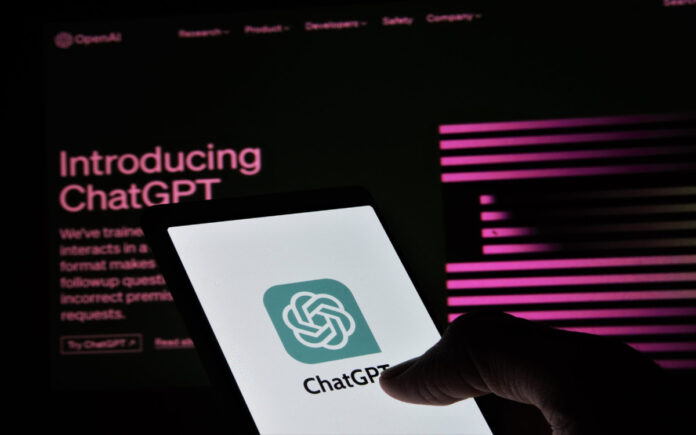New Delhi: OpenAI has informed an Indian court that any directive to remove training data used by its ChatGPT service would conflict with its legal responsibilities in the United States, according to a filing seen by Reuters. The company, backed by Microsoft, also argued that Indian courts lack jurisdiction over a copyright infringement lawsuit filed by Indian news agency ANI, as OpenAI has no physical presence in India.
In one of the most closely followed legal battles involving artificial intelligence in India, ANI filed a lawsuit against OpenAI in November at the Delhi High Court. ANI accused OpenAI of using its published content without authorization to train ChatGPT and demanded the deletion of data already stored in the AI model’s memory.
OpenAI responded to the lawsuit with an 86-page filing dated January 10, emphasizing that it is already facing similar litigation in the United States. U.S. law requires the preservation of training data while such cases are ongoing, the company argued. “OpenAI is therefore under a legal obligation, under the laws of the United States, to preserve, and not delete, the said training data,” the filing stated.
During a hearing in November, OpenAI assured the Delhi court that it would cease using ANI’s content. However, ANI contended that previously stored data must also be deleted to prevent further misuse.
Jurisdiction Dispute
OpenAI maintained in its submission that the Indian court lacks jurisdiction in this matter, citing the absence of a local office or servers within Indian territory. “The servers on which [ChatGPT] stores its training data are similarly situated outside of India,” the filing noted.
ANI, in which Reuters holds a 26% interest, countered that the Delhi court has the authority to decide on the matter and stated its intention to file a detailed response. A Reuters spokesperson declined to comment, reiterating the agency’s non-involvement in ANI’s business operations.
The case is set for its next hearing on January 28.
Also Read | Italy’s Meloni Steps into the Spotlight as Trump’s Key Ally in Europe
Broader Context
OpenAI is no stranger to legal challenges over alleged copyright breaches, with cases like the New York Times lawsuit in the United States underscoring the complexities of using publicly available content to train AI models. OpenAI has consistently argued that its AI systems make fair use of publicly accessible data.
As OpenAI transitions from a non-profit entity to a for-profit enterprise, it continues to secure major commercial partnerships. The company has inked deals with media outlets including Time Magazine, The Financial Times, and Le Monde to display licensed content. ANI has expressed concerns about unfair competition, citing OpenAI’s alliances with rival news organizations. ANI also alleged that ChatGPT has reproduced verbatim or near-verbatim excerpts of its content in response to user prompts.
OpenAI refuted these claims in its submission, asserting that ANI “has sought to use verbatim extracts of its own article as a prompt, in an attempt to manipulate ChatGPT.”
The legal outcome of this case could set a significant precedent for AI companies operating globally, particularly concerning copyright laws and jurisdictional challenges.



